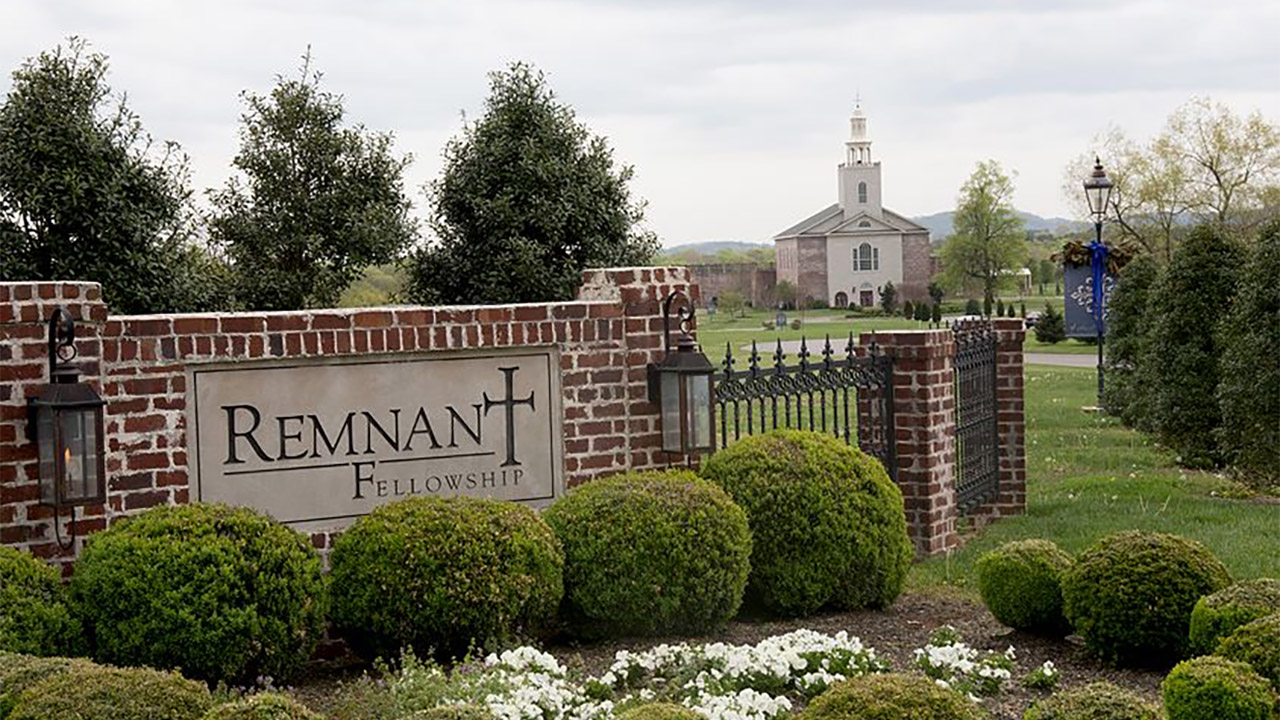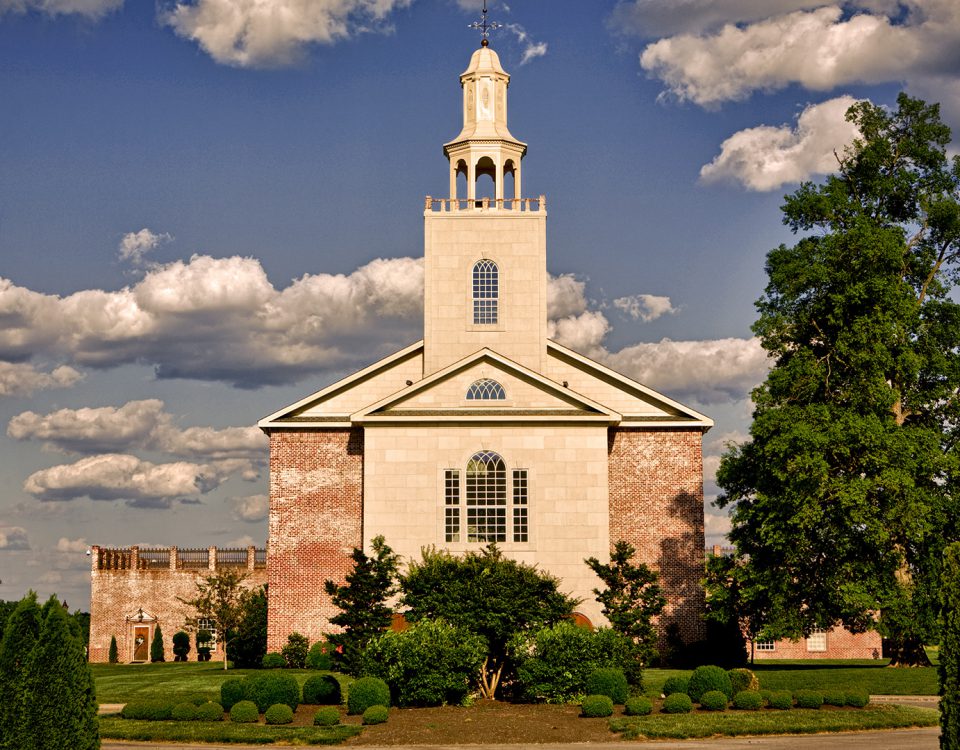
- According to the first five books of the Old Testament—according to Moses—what has been preserved is that the month of Abib (which means spring) or Nisan (the term given to the month when the exiles were under Babylonian influence and used only when you get to the books of Nehemiah and Esther) was the first month of the year.
- The 10th of Abib / Nisan (the month of Passover) is when the lamb was brought in and also the Triumphal Entry of Jesus to Jerusalem.
- The writers or translators from Exodus, Leviticus, Deuteronomy, and the four Gospels vary in their use of the terms of and designated dates of the Feast Unleavened Bread and Firstfruits. And this is because of non-Orthodox influence on the Torah and the Talmud and the Septuagint and all other documents that were used for translation, because the Jews allowed each Rabbi to have a different interpretation of the dates and continue to allow an evolution of the meaning and the timing of these festivals. A Jewish day starts at twilight or evening (nightfall) and spans from nightfall to nightfall. Genesis words it “and there was evening and there was morning, the first day.” One thing to note is that, as centuries went by, the Jewish literature would sometimes use the word “evening” interchangeably with “the day of preparation,” which also adds to the confusion. By the grace of God, please consider my humble observations… Preparation and the slaughtering of the lamb was done in the 24 hours before Passover, and during this time the Jewish people would get all yeast out of their homes and the community and burn it in the fireplace if they needed to. And on that afternoon, in preparation for the evening Passover meal, they would slaughter and prepare the lamb and the unleavened bread. It was a total spring-cleaning done in the homes. For us, it is done in the heart and the home. On this date, Jesus ate the Passover with His Disciples early and then stayed up all night and prayed and was arrested by Pilate, bound, then whipped, and crucified – the lamb was “slaughtered” on Friday afternoon, on preparation day. (See the book of John.) At twilight on the 14th, God’s people were commanded to commemorate the Passover, using the blood of the lamb and eating the Passover meal of lamb, bitter herbs, and unleavened bread.
- Even though Leviticus 23 states that the “Feast of Unleavened Bread” starts on the 15th of Abib (Passover), the Exodus 12 reference, Deuteronomy 16 reference, and three of the Gospels indicate that the land is cleared of leaven and you eat unleavened bread on the preparation day and the 14th.
- All references refer to seven days of eating unleavened bread. If you use the Leviticus reference, it only gives you six days of unleavened bread because the Feast of Unleavened bread ends on the 21st. Therefore, the Remnant, since the beginning, in keeping with the heart of the scriptures, gets to enjoy the opportunity of the experience of unleavened bread from twilight at Passover the 14th through the 21st. The 21st day was the day when the sea parted and the Israelites were totally freed from their enemies as those enemies drowned in the sea. Even though people argue about the timing of the resurrection, the scriptures uphold that He was buried on preparation day (before twilight on the 14th) and was raised on the 16th day. And the 16th day is the day of the celebration of the firstborn and the redemption of the firstborn son. (See Exodus 13:1-16 and Leviticus 23:9-14.) It is also called Firstfruits. From the 16th day is when you count off 50 days to come up with the Pentecost, also something that seems clear in the Bible but controversial due to various interpretations by Rabbis. (See Leviticus 23:15-16.)
- The night of vigil, unless otherwise announced, is always on the 14th.
- Just as Jesus ate the Passover meal a day ahead of time because He knew of His upcoming schedule and was sharing the meal with His closest friends…and just as Jesus said of His upcoming death, as often as you eat this, remember Me, note that it is appropriate to recognize these times but I know that God leads us in times of celebration and that the most important thing is that our hearts are right. (See II Chronicles 30.)
Please read the scripture references below if you have time…
Leviticus 23 –
4 “‘These are the LORD’s appointed feasts, the sacred assemblies you are to proclaim at their appointed times: 5 The LORD’s Passover begins at twilight on the fourteenth day of the first month. 6 On the fifteenth day of that month the LORD’s Feast of Unleavened Bread begins; for seven days you must eat bread made without yeast. 7 On the first day hold a sacred assembly and do no regular work. 8 For seven days present an offering made to the LORD by fire. And on the seventh day hold a sacred assembly and do no regular work.’”
9 The LORD said to Moses, 10 “Speak to the Israelites and say to them: ‘When you enter the land I am going to give you and you reap its harvest, bring to the priest a sheaf of the first grain you harvest. 11 He is to wave the sheaf before the LORD so it will be accepted on your behalf; the priest is to wave it on the day after the Sabbath. 12 On the day you wave the sheaf, you must sacrifice as a burnt offering to the LORD a lamb a year old without defect, 13 together with its grain offering of two-tenths of an ephah of fine flour mixed with oil—an offering made to the LORD by fire, a pleasing aroma—and its drink offering of a quarter of a hin of wine. 14 You must not eat any bread, or roasted or new grain, until the very day youbring this offering to your God. This is to be a lasting ordinance for the generations to come, wherever you live.
Deuteronomy 16 –
1 Observe the month of Abib and celebrate the Passover of the LORD your God, because in the month of Abib he brought you out of Egypt by night. 2 Sacrifice as the Passover to the LORD your God an animal from your flock or herd at the place the LORD will choose as a dwelling for his Name. 3 Do not eat it with bread made with yeast, but for seven days eat unleavened bread, the bread of affliction, because you left Egypt in haste—so that all the days of your life you may remember the time of your departure from Egypt. 4 Let no yeast be found in your possession in all your land for seven days. Do not let any of the meat you sacrifice on the evening of the first day remain until morning.
5 You must not sacrifice the Passover in any town the LORD your God gives you 6 except in the place he will choose as a dwelling for his Name. There you must sacrifice the Passover in the evening, when the sun goes down, on the anniversary of your departure from Egypt. 7 Roast it and eat it at the place the LORD your God will choose. Then in the morning return to your tents. 8 For six days eat unleavened bread and on the seventh day hold an assembly to the LORD your God and do no work.
Exodus 12 –
1 The LORD said to Moses and Aaron in Egypt, 2 “This month is to be for you the first month, the first month of your year. 3 Tell the whole community of Israel that on the tenth day of this month each man is to take a lamb for his family, one for each household. 4 If any household is too small for a whole lamb, they must share one with their nearest neighbor, having taken into account the number of people there are. You are to determine the amount of lamb needed in accordance with what each person will eat. 5 The animals you choose must be year-old males without defect, and you may take them from the sheep or the goats. 6 Take care of them until the fourteenth day of the month, when all the people of the community of Israel must slaughter them at twilight. 7 Then they are to take some of the blood and put it on the sides and tops of the doorframes of the houses where they eat the lambs. 8 That same night they are to eat the meat roasted over the fire, along with bitter herbs, and bread made without yeast. 9 Do not eat the meat raw or cooked in water, but roast it over the fire—head, legs and inner parts. 10 Do not leave any of it till morning; if some is left till morning, you must burn it. 11 This is how you are to eat it: with your cloak tucked into your belt, your sandals on your feet and your staff in your hand. Eat it in haste; it is the LORD’s Passover.
12 “On that same night I will pass through Egypt and strike down every firstborn—both men and animals—and I will bring judgment on all the gods of Egypt. I am the LORD. 13 The blood will be a sign for you on the houses where you are; and when I see the blood, I will pass over you. No destructive plague will touch you when I strike Egypt.
14 “This is a day you are to commemorate; for the generations to come you shall celebrate it as a festival to the LORD—a lasting ordinance. 15 For seven days you are to eat bread made without yeast. On the first day remove the yeast from your houses, for whoever eats anything with yeast in it from the first day through the seventh must be cut off from Israel. 16 On the first day hold a sacred assembly, and another one on the seventh day. Do no work at all on these days, except to prepare food for everyone to eat—that is all you may do.
17 “Celebrate the Feast of Unleavened Bread, because it was on this very day that I brought your divisions out of Egypt. Celebrate this day as a lasting ordinance for the generations to come. 18 In the first month you are to eat bread made without yeast, from the evening of the fourteenth day until the evening of the twenty-first day. 19 For seven days no yeast is to be found in your houses. And whoever eats anything with yeast in it must be cut off from the community of Israel, whether he is an alien or native-born. 20 Eat nothing made with yeast. Wherever you live, you must eat unleavened bread.”


4 Comments
Thank you! This is wonderful! God’s ways are so beautiful!
LOVE this truth that we get to hear!! It makes PERFECT sense!! Thank you, Mr. Shamblin for taking the time to write this!! (:
All I can say is thank you Remnant Fellowship! Blessings and abundant fruit since our family made the choice to honor the God given Holy Festivals instead of the man made.
What an incredible celebration!! What an incredible CHURCH and fellowship of believers in ONE God!